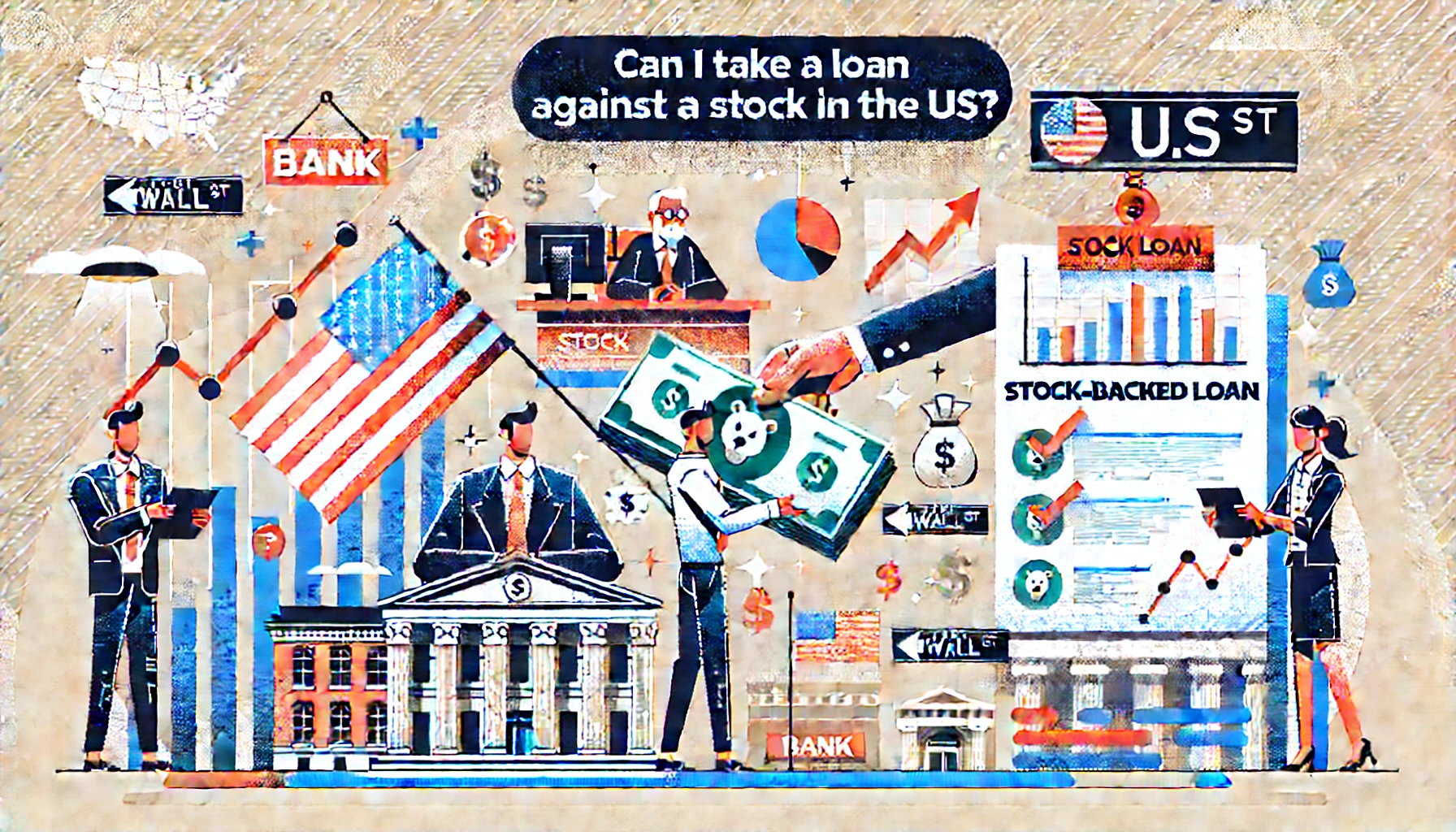Also Read: Can I Take a Loan Against Stock in the US :2025
Follow: https://www.youtube.com/@EpicMindsFinancial
Payday loans are an easy and fast method of lending money when you are cash strapped and need to pay some urgent bills like rent, utility bills, and car maintenance. They are short-term loans, -typically, until your next paycheck.
Although they may seem like a financial lifesaver in times of need, payday loans are charged a lot of fees and interest rates that may ensnare a borrower in a debt trap in case of poor judgment. In this blog, we will discuss what payday loans entail, how they operate, the eligibility, application and risks- so that you are able to make an informed decision.
What Is a Payday Loan?
A payday loan is a small short-term loan, between $100 and usually not exceeding $1,000, meant to assist the borrowers to make ends meet until their next payday. These loans typically are owed in two to four weeks and the interest charged together with fees is extremely high as compared to conventional loans or credit cards.
On most occasions, you write a post date cheque or grant the lender access to your bank account in order to be able to collect the loan amount plus interest on your next dollar on your payday.
Who Qualifies to take a Payday Loan?
Payday loans are usually open to a large population since there are no rigid standards in carrying out the loans. Actually, a lot of payday lenders do not even look at your credit score.
To be eligible, you typically should:
- Be at least 18 years old
- Earns a regular salary (employment, allowances or other regular source of income)
- Have a checking account.
- Provide valid identification (like a driver’s license or state ID)
Being illegal or having bad credit generally will not stop you receiving a payday loan, which makes it appealing to individuals who cannot take out a normal bank loan.
What Are the Qualifications to a Payday Loan?
Qualification is quite easy. Payday loans are made fast and easy in contrast with bank loans, which involve good credit and long approval.
The following is what you usually require to qualify:
- Documentation of income – A pay stub, bank statement or benefits letter by the government in the recent past is generally sufficient.
- Proof of identity – A valid government-issued ID.
- Active bank account – Lenders deposit the funds or need the same to draw payment in future.
- Application form – You would be required to complete a brief online application form or visit a payday loan store and complete a short form.
Most payday lenders will approve loans in minutes to hours and the money can be provided within the same day or on the next day of business.
Do Payday Loans Give Cash?
Payday loans will indeed provide you with actual money, and the money will be real, provided that you submit an application in a brick-and-mortar payday loan establishment. When you apply online, the lender typically deposits the funds directly into your checking account, and sometimes in 24 hours or less.
Depending on the service, some lenders also provide prepaid debit cards on which the amount of a loan is loaded.
How Much Can You Borrow?
The limit to how much to borrow is subject to your income and the laws of your state. Payday loans typically cost between 100 and 1,000 dollars, yet in certain states, caps on the maximum money one can borrow are lower.
Keep in mind:
- You cannot generally borrow more than your pay check will allow, including charges.
- Other lenders might give you multiple loans, yet this exposures you to the possibility of getting into a debt trap.
What Are the Fees/Interest Rates?
This is the controversial part of the payday loans.

- The range of Annual Percentage Rates (APR) can be between 300% and 600 percent and above.
- An illustration is that you may just pay between 15-30 charges on each dollar that you have borrowed.
- That is to say that you might get a loan of 300 and after a week or two you might owe 345 or more.
Failure to pay the loan within the stipulated time results in accumulation of rollovers and late charges which will leave you in further debts.
Risks of Payday Loans
Payday loans are simple to receive- but difficult to repay once you default. Here are the biggest risks:
- Debt Cycle – A lot of borrowers are unable to repay the loan and take up new loans to pay the previous ones in a circle.
- Overdrafts – When the lender attempts to withdraw money out of your bank account and you do not have the funds, you may pay overdraft fees with your bank.
- Credit Impact – Payday lenders do not normally report to credit bureaus, but once the loan is sent to a collection agency it could negatively affect your credit rating.
- Aggressive Collection Tactics – There are those payday lenders who employ aggressive collection procedures when you default.
Are Payday Loans Legal?
Yes–but the laws differ by state. There are states that strictly control payday loans or have outlawed them. Currently, states such as New York, New Jersey and Massachusetts have banned payday lending as opposed to states such as Texas and Nevada that have them with a few limitations.
Read the laws of your state before borrowing a payday loan, to ensure that the lender is licensed and does not operate illegally.
Alternatives to Payday Loans
When thinking about a pay-day loan, make sure to ask yourself, can you find you a safer and cheaper choice:
- Borrow from friends or family
- Request a paycheck advance from your employer
- Borrow through a credit union loan – Small-dollar “payday alternative loans” are available in many credit unions.
- Set up a payment plan with creditors or utility companies
- Explore local nonprofit financial assistance programs
Final Thoughts
Payday loans are quick and easy access to emergency cash, but it is very expensive. They should be used as the last option- and only when you are certain that you will pay the loan on time. Although the process is both easy and available, the expense and possibility of acquiring long term lending make them one of the costliest methods of lending in the U.S.
In case you are experiencing recurring financial crises, you might want to consult a financial counselor or credit advisor who could assist you to establish a long-term plan of managing money.
The lesson to take away: A payday loan is not free money- it is an expensive cash advance that must be treated with care.
Have difficulties locating safer alternatives, or would like to explore budgeting advice? Feel free to reach out!


